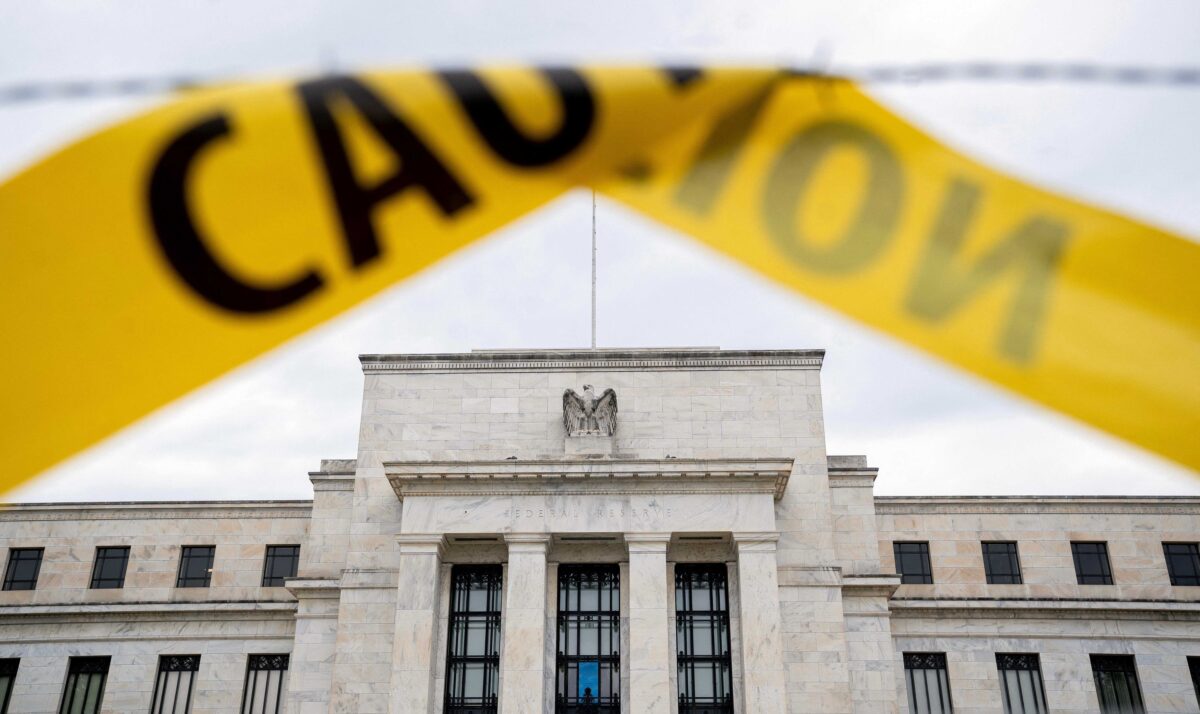Judging Jefferson
As the historian Merrill Peterson noted in his classic study The Jefferson Image in the American Mind (1960), the popular image of Thomas Jefferson has undergone numerous permutations over the years. In his introduction to the book’s 1998 reprinting, Peterson drew attention to the continuing interest in Jefferson as shown in recent historical fiction, films, and documentaries, by the renaming of the Library of Congress main building as well as an exhibition at the National Gallery of Art, and by president-elect William Jefferson Clinton’s pre-inaugural pilgrimage to Monticello, as well as Sotheby’s auction of a Jefferson letter for a record price. The shifts that Jefferson’s portrait underwent over time, in accordance with changing political currents, had been largely among rival claimants to his image as a champion of liberty and equality, rather than over Jefferson’s merits as such a champion.
That image has changed drastically in the quarter-century since Peterson wrote his introduction. Stains on Jefferson’s liberal and egalitarian reputation had already appeared following Peterson’s original book, starting with constitutional historian Leonard Levy’s 1963 challenge to Jefferson’s (self-created) image as a nonpartisan defender of civil liberty in Jefferson and Civil Liberties: The Darker Side (1963) and Fawn Brodie’s Thomas Jefferson: An Intimate Biography (1974), which dwelt on his relationship with his slave Sally Hemings (which Peterson had treated as doubtful). These were followed by Joseph Ellis’s ambivalent American Sphinx: The Character of Thomas Jefferson (1996) and Conor Cruise O’Brien’s The Long Affair: Thomas Jefferson and the French Revolution, 1785-1800, which persuasively interpreted Jefferson’s perverse enthusiasm for that revolution, well after it had devolved into anarchy and terror, as a psychological compensation for feelings of guilt about his slave ownership, which contradicted the principles he had so eloquently expressed in the Declaration of Independence and Notes on Virginia.
Despite the foregoing works of scholarship, until a few years ago the Democratic Party was proud to trace its lineage to Jefferson, terming its annual fundraiser the Jefferson-Jackson Day Dinner. (The title was itself ironic, in view of the elitist Jefferson’s contempt for Jackson’s vulgarity.) But the turn in Jefferson’s popular reputation suddenly reached 180 degrees in today’s “woke” revolution, with the Virginian’s name regularly being stricken from schools and other public institutions around the country owing to his having been a slaveowner (and, secondarily, to his hypocritical coverup of his relationship with Hemings). That turn (seen also in the “1619 Project”) threatens
" Conservative News Daily does not always share or support the views and opinions expressed here; they are just those of the writer."


